Chemical Properties of Black Tungsten Wire
- Details
- Category: Tungsten Information
- Published on Wednesday, 13 August 2025 18:48
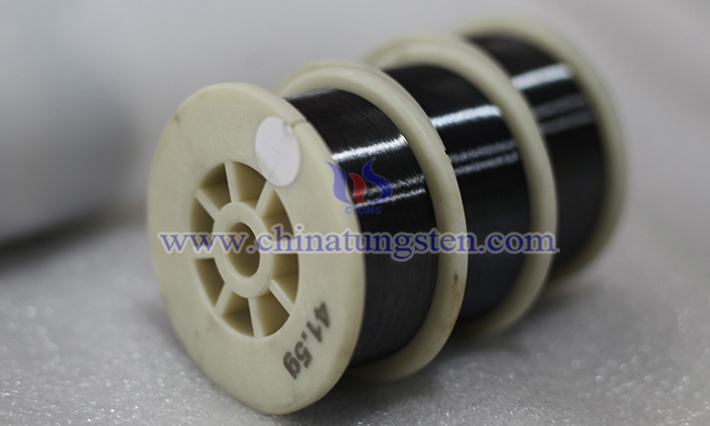
tungsten wire image
Due to its unique chemical properties, black tungsten wire is widely used in high-temperature, vacuum, and specific chemical environments. As a high-melting-point transition metal, tungsten is extremely chemically stable, but it can also exhibit some reactivity under certain conditions. The following details the main chemical properties of black tungsten wire.
Physical Properties of Black Tungsten Wire
- Details
- Category: Tungsten Information
- Published on Wednesday, 13 August 2025 18:46
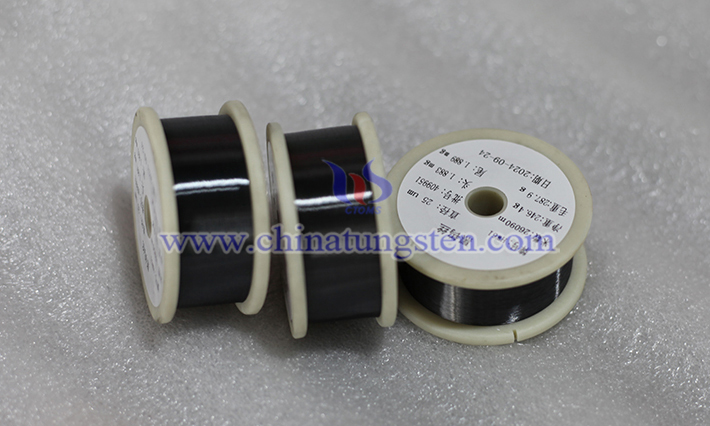
tungsten wire image
Due to its unique physical properties, black tungsten wire is widely used in lighting, electronics, and high-temperature industrial applications. Tungsten has the highest melting point of any metal in the periodic table, and its physical properties give black tungsten wire its exceptional performance. The following details its key physical properties.
Black Tungsten Wire Manufacturing Process
- Details
- Category: Tungsten Information
- Published on Wednesday, 13 August 2025 18:44
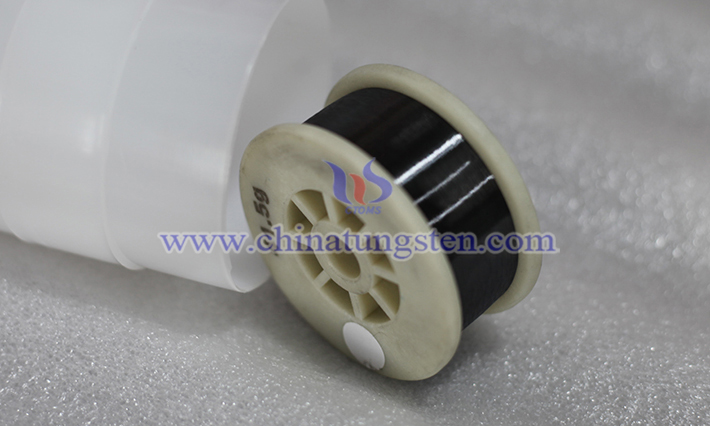
tungsten wire image
Due to its high melting point, corrosion resistance, and excellent electrical conductivity, black tungsten wire is widely used in lighting, electronic devices, and high-temperature equipment. Its manufacturing process is complex and precise, involving multiple steps. The main processes are briefly described below.
Tungsten Wire Tensile Strength and Ductility
- Details
- Category: Tungsten Information
- Published on Wednesday, 13 August 2025 16:36
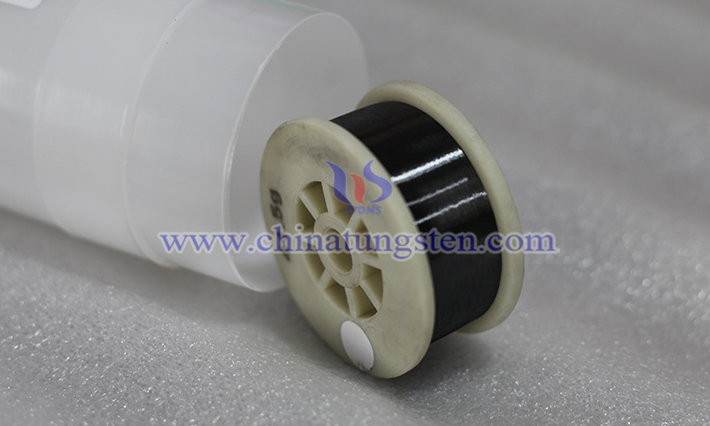
tungsten wire image
The tensile strength and ductility of tungsten wire complement each other. Its high strength ensures structural stability, while its moderate ductility enables it to be processed into complex shapes. Tungsten wire's ultra-high tensile strength and controllable ductility make it widely used in lighting, electronics, aerospace, and other fields.
Uses of Tungsten Wire in Modern Industry
- Details
- Category: Tungsten Information
- Published on Wednesday, 13 August 2025 16:34
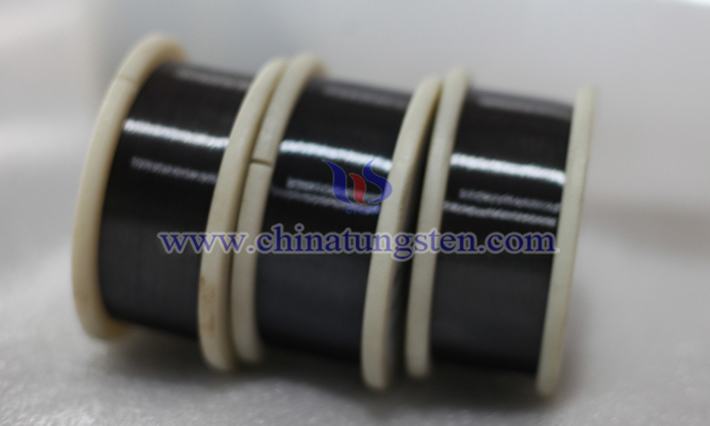
tungsten wire image
As a key material in modern industry, tungsten wire boasts a wide range of applications due to its high melting point, high hardness, corrosion resistance, electrical and thermal conductivity, and high-temperature stability. It plays an irreplaceable role in lighting, electronics, medical, and new energy fields. Although traditional applications have declined, emerging technologies (such as photovoltaic tungsten wire) are driving continued growth in demand.
Role of Tungsten Wires in Vacuum Tubes
- Details
- Category: Tungsten Information
- Published on Wednesday, 13 August 2025 16:32
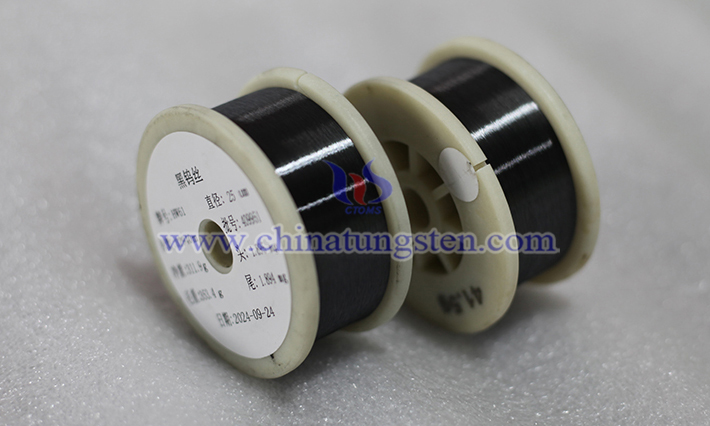
tungsten wire image
Tungsten wires in vacuum tubes primarily serve as hot cathodes (thermal electron emission sources). By emitting thermal electrons through heating, they provide a stable operating current for the vacuum tube, supporting functions such as signal amplification, oscillation, rectification, and display.
Tungsten Wire Manufacturing Process
- Details
- Category: Tungsten Information
- Published on Wednesday, 13 August 2025 16:30
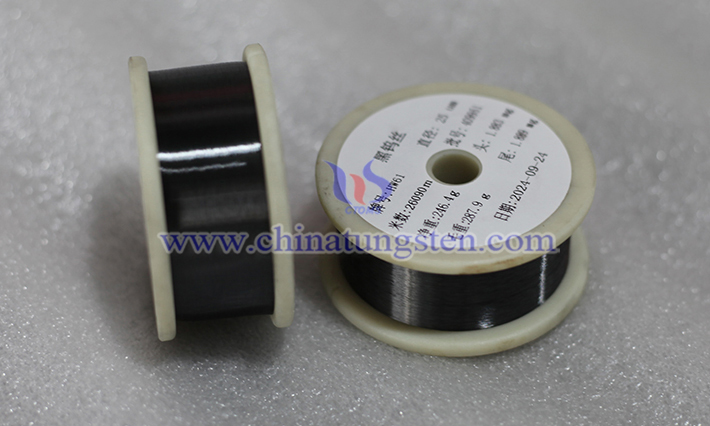
tungsten wire image
Tungsten Wire Manufacturing Process:
1. Raw Material Preparation (Tungsten Powder Preparation)
Tungsten Ore Extraction: Tungsten trioxide (WO₃) or tungstate is extracted from tungsten ore (such as wolframite or scheelite).
The Discovery and History of Tungsten Wire
- Details
- Category: Tungsten Information
- Published on Wednesday, 13 August 2025 16:28
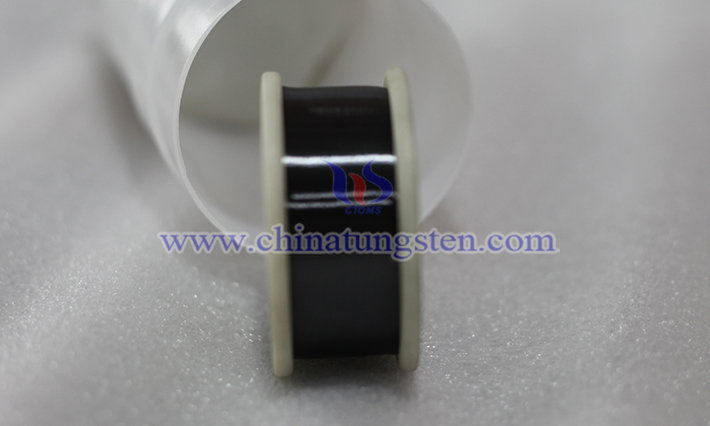
tungsten wire image
The discovery and history of tungsten wires is a crucial chapter in the development of materials science and lighting technology, culminating in the efforts of numerous scientists and engineers.
Chemical and Physical Properties of Tungsten wire
- Details
- Category: Tungsten Information
- Published on Wednesday, 13 August 2025 16:25
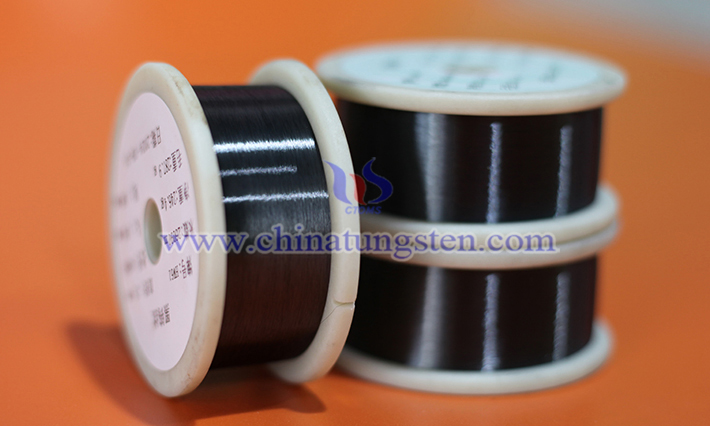
tungsten wire image
Tungsten wire's unique chemical and physical properties make it widely used in light bulbs, electronic devices, and high-temperature industrial applications.
Applications of Tungsten wire in High-Temperature Lighting Systems
- Details
- Category: Tungsten Information
- Published on Wednesday, 13 August 2025 16:23
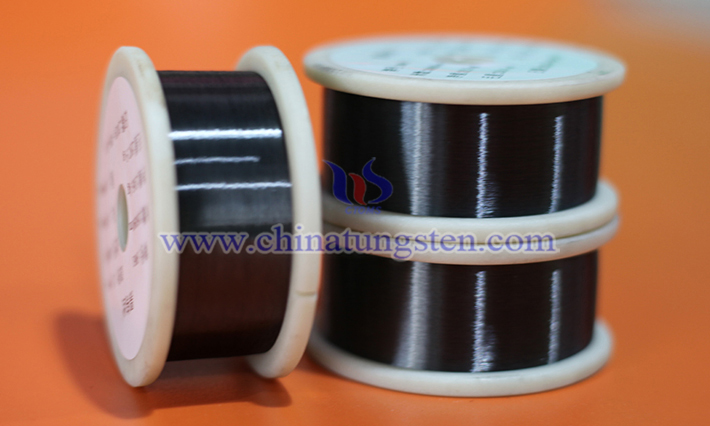
tungsten wire image
Although high-efficiency lighting technologies such as LEDs are gradually replacing traditional incandescent lamps, tungsten wire still holds irreplaceable advantages in high-temperature lighting systems due to its superior physical and chemical properties, particularly in incandescent lamps and certain specialty lighting equipment.



 sales@chinatungsten.com
sales@chinatungsten.com